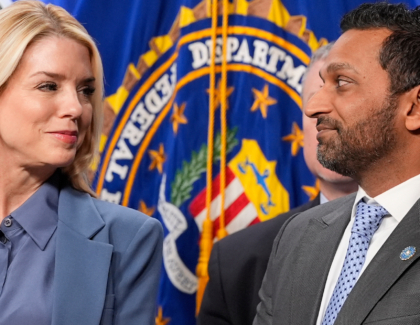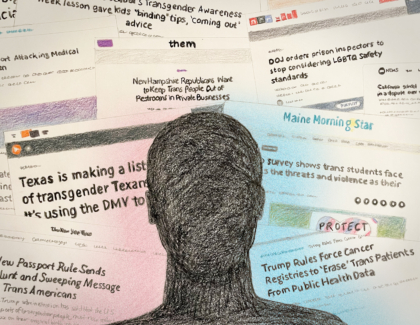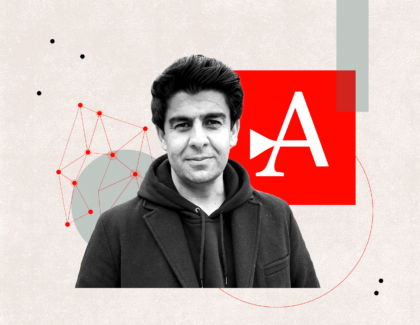Sign up for the daily CJR newsletter.
Headlines have always tended to the hysterical, and ledes have always had to be snappy. In the online era, with so much content clogging the airwaves, an attention-grabbing start to a news article is more crucial than ever. But sometimes headlines go too far, presenting stories in such a way as to promise answers that the stories can’t give.
Some headlines just beg for clicks: see Slate’s “Could a brain parasite found in cats help soccer teams win at the World Cup?” I dare you not to click on that, whether or not you have any interest in either soccer or cats. (Others still practically repel them: see the Times’s recent “Large Apartments Are the Rage in New York City”, which is kind of like saying “This Just In: People Enjoy Having Money”.)
Some of the most hysterical headlines, perhaps unsurprisingly, are slapped onto articles about the news industry itself: Will Google save the news? Will NPR save the news? Will the iPad save the news? How will we save the news?
Perhaps editors and journalists can be excused for wanting to relieve their own career anxiety by slapping a triumphantly hopeful headline on an otherwise ambivalent idea piece about the future of journalism. But it can also look a lot like click-trolling. At the very least, it’s lazy; at the worst, it’s dishonest.
I have a bad habit of getting riled up by a good lede and wanting to post/chat/tweet it right away, before I’ve even completely read the article in full. Then I often find that when I do read to the end, I discover that the text of the story takes the air out of its own headline, if not directly contradicts it. (By that time, I have already sent it to friends and colleagues; unfortunately, there’s no “nevermind” button on Facebook.)
For instance, BBC News reported last week on Rupert Murdoch’s move to put up a paywall on the Times of London. The headline read, of course, “Will the Times save the newspaper industry?” Reporter Vincent Dowd interviewed Danny Finkelstein, a Times editor, who conceded that the a paywall was “a risk,” but one that he was confident would succeed. He also interviewed Bill Grueskin, dean of academic affairs at the Columbia University Graduate School of Journalism, who formerly ran The Wall Street Journal‘s online operations. Grueskin said that subscriptions can help raise money but that “it’s unlikely that paywalls in and of themselves will provide the answers journalism needs.” What? I thought I was reading about how the Times would save journalism! Another headline hoax.
Then The New York Times ran this (seemingly) alarmist piece Sunday. Its headline reads “At Yahoo, Using Searches to Steer News Coverage,” and is followed by the lede “Welcome to the era of the algorithm as editor.” It seems to suggest, at first, that Yahoo users’ web searches will determine what stories get covered on the site. In actuality, though, common questions and topics that pop up repeatedly will simply give additional fodder to one new blog on the site, called The Upshot. For instance, the blog could answer the commonly-typed question “Why do Olympic divers shower after they get out of the water?” Even the kicker quote from the Upshot’s editor, Andrew Golis, directly contradicts the head and lede, saying that no, this tool “does not lead Yahoo editorial content.” So this is not a doom-and-gloom story about news editors throwing out important-but-dry news stories after glancing at a spreadsheet of page views, as its headline and lede would have you believe. It is a story about a new way of generating story ideas for a blog.
Articles like this often start with a bang and end with a shrug. Misleading headlines that promise more than the articles deliver may be good for search engine optimization, but they’re bad for journalistic community-building. Bait-and-switch headlines might initially get page views, but they won’t necessarily get your readers coming back for more. Headlines shouldn’t be boring, of course. They should merely accurately reflect what the journalist has found. This just in: honest reporting, solid editing and compelling stories will save the news.
Has America ever needed a media defender more than now? Help us by joining CJR today.






